In the past few years, many people have started following different dietary patterns as they want to live a healthier life. The Paleo Diet and the Mediterranean Diet are two diet programs that have garnered a lot of attention. Both of these diets are known to be good for your health, but what happens when you combine them? The Paleo Mediterranean Diet is a combination of the best parts of both diets. This combined diet has many health benefits and can help you lose weight, keep your heart healthy, and stay healthy for a long time.

In this post, we will talk about the Paleo Mediterranean Diet, including what it is, its benefits, how to follow it, and why it can be the best option for your health journey.
What is the Paleo Diet?
The “cave diet” or Paleo diet, is based on the food that people ate during the Paleolithic era, when they were hunter-gatherers. This is whole, unprocessed food, such as:
- Lean meats
- Fish and shellfish
- Fruits and vegetables
- Seeds and nuts
- Good-for-you oils, including coconut and olive oil
The Paleo diet is based on the theory that our bodies are genetically programmed to eat foods similar to those our ancestors ate. People believe that modern processed foods, which are high in sugar, carbohydrates, and dairy, can lead to obesity, chronic disease, and inflammation.
What is The Mediterranean Diet?
The Mediterranean diet is based on the way people in the Mediterranean region, especially Italy, Greece, and Spain, ate. This diet is known for its focus on:
- Fruits and vegetables
- Whole grains
- Peas and beans
- Good fats like olive oil
- Seafood and fish
- A little red wine
Antioxidants, omega-3 fatty acids, and fiber are all found in the Mediterranean diet. These nutrients are thought to reduce the risk of heart disease and improve overall health. It is also associated with longevity and reduced inflammation.
The Paleo Mediterranean diet has many benefits:
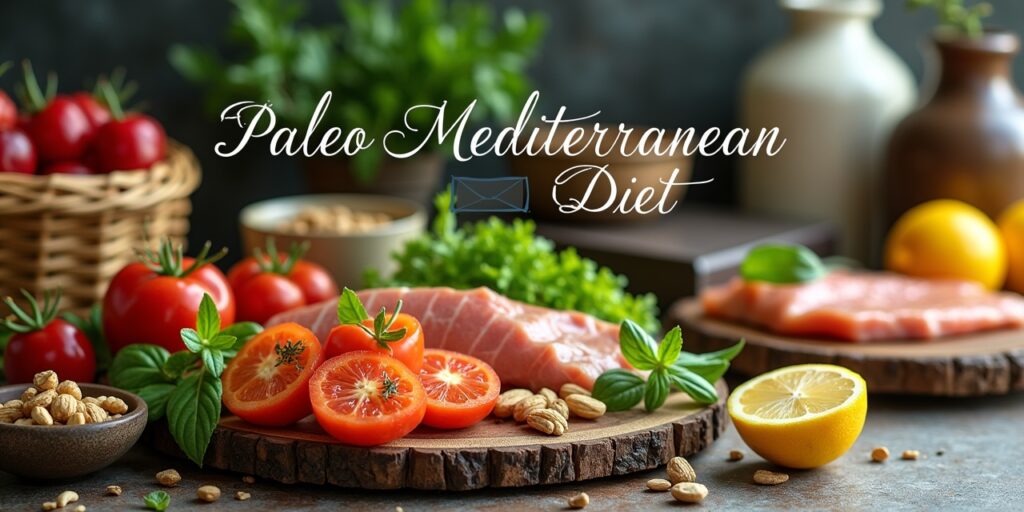
The Paleo Mediterranean diet is a combination of the best parts of both eating systems and has many health benefits:
Good Heart Health: Both diets are rich in healthy fats, such as olive oil and almonds, which lower bad cholesterol levels and raise good cholesterol levels, which reduces the risk of heart disease.
Weight Loss And Maintenance:The Paleo Mediterranean diet is all about whole foods that are naturally nutritious and filling. It helps you lose weight and keep it off. If people cut back on processed sweets and starches, it may be easier for them to maintain a healthy weight.
Reduced Inflammation: The anti-inflammatory effects of omega-3 fatty acids in fish, olive oil, and almonds can help reduce inflammation throughout the body. This can reduce the risk of chronic diseases like diabetes and arthritis.
READ MORE: Carnivore Diet Recipe: A Comprehensive Guide
Better Blood Sugar Control: Focusing your diet on whole, low-glycemic foods can help stabilize blood sugar levels and reduce insulin resistance. This makes it good for people with diabetes or those at risk for it.
Better Digestion: Eating plenty of fiber from fruits, vegetables, legumes, and whole grains can help keep your gut and digestion healthy.
Longevity: Research shows that the Mediterranean diet can help you live a longer, healthier life. Adding Paleo principles to it can further protect you from disease.
How to Follow the Paleo Mediterranean Diet:
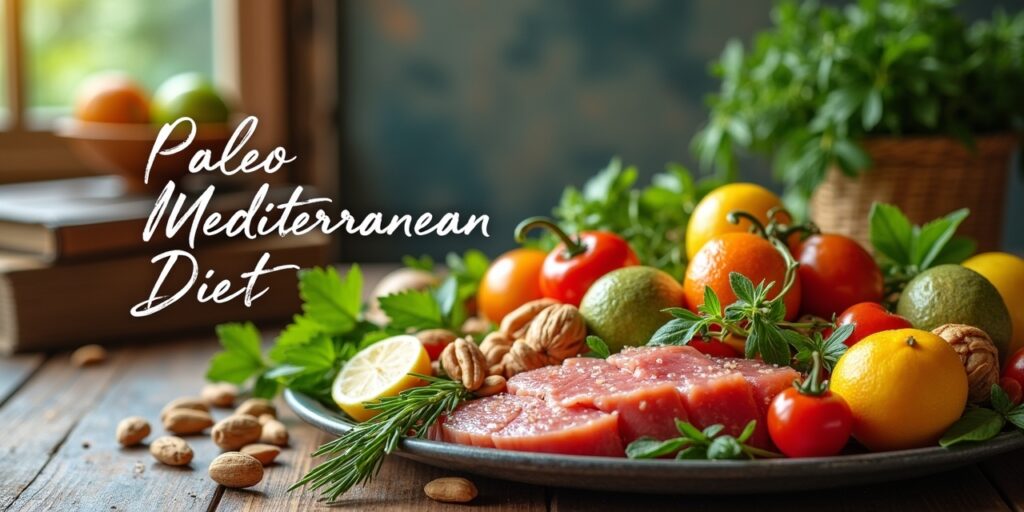
The main goal of the Paleo Mediterranean diet is to eat whole foods that are full of nutrients. Here are the main rules:
Eat Healthy Fats: Olive oil is the main source of fat. You can use it for frying, drizzling on vegetables, and adding to salads.
Eat Fish And Shellfish: Try to eat fatty fish like salmon, sardines, and mackerel, which are high in omega-3s.
Eat Lean Beef: To follow the Paleo diet, you should only eat grass-fed beef, poultry, and lean cuts of fish that you catch yourself.
Eat Plenty Of Fruits And Vegetables: The Mediterranean diet is all about colorful vegetables, leafy greens, and fruits like apples, citrus fruits, and berries.
Avoid Grains Or Dairy: The Paleo Mediterranean diet is low in grains, dairy, processed sweets, and refined oils.
Moderate Wine Consumption: If you enjoy wine, limit it to 1-2 glasses per day with meals, as is often the case in Mediterranean cultures.
Things you shouldn’t do on the Paleo Mediterranean Diet

Not Getting Enough Protein: Make sure to eat enough lean meats and seafood to keep your muscles strong and your metabolism going.
Eating Too Many Nuts: Nuts are good for you, but they’re high in calories. Controlling your portions is really important.
Not Getting Enough Fiber: To get enough fiber and keep your digestive system healthy, eat plenty of fruits, vegetables, and legumes.
Neglecting Whole Grains: Grains are not allowed on the Paleo portion of the diet, but adding a small amount of whole grains (like quinoa or brown rice) in moderation can be good for your health without breaking the rules.
Sample Meal Plan for the Paleo Mediterranean Diet
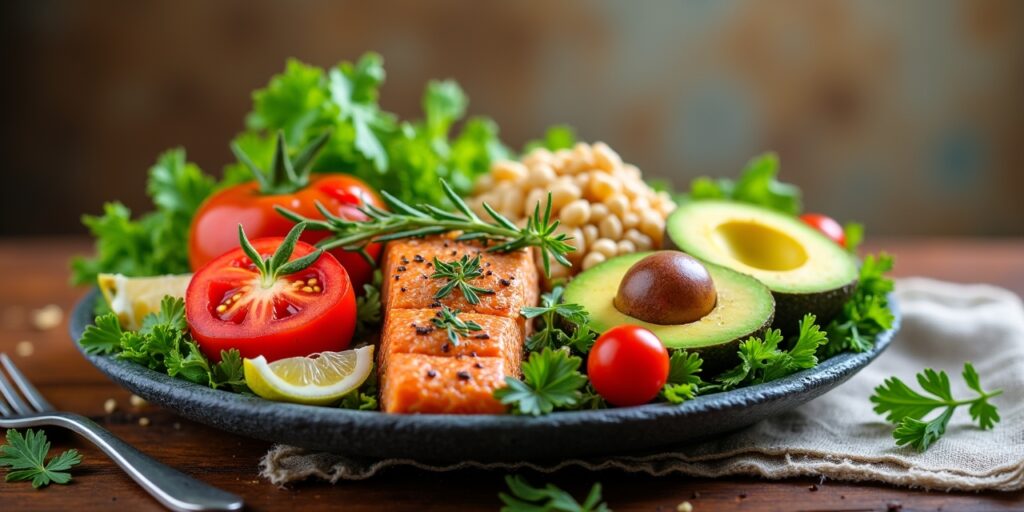
Here’s a simple plan to start your meal:
Breakfast:
- Scrambled eggs with spinach, tomatoes, and olive oil.
- A piece of fresh fruit, such as an apple or berries.
Lunch:
- Grilled salmon with a Mediterranean salad (cucumber, olives, and tomatoes with olive oil and lemon dressing).
Snack:
- A handful of mixed nuts, such as almonds and walnuts.
Dinner:
- Grilled chicken with roasted zucchini, bell peppers, and eggplant, plus a portion of quinoa.
Dessert:
- A small piece of dark chocolate with at least 70% cocoa.
How to Succeed on the Paleo Mediterranean Diet
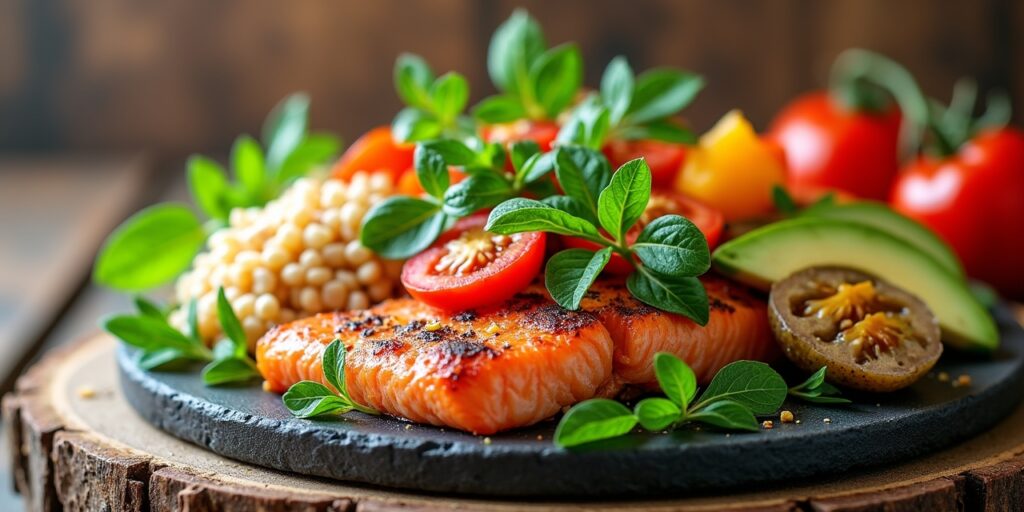
Meal Prep: Preparing your meals ahead of time can help you stay on track and avoid temptation.
Stay Hydrated: Drink plenty of water and herbal teas throughout the day.
Listen To Your Body: Pay attention to when you feel hungry and eat mindfully.
Get oving: To go along with your healthy diet, you should exercise consistently.
Conclusion
The Paleo Mediterranean diet is a combination of two healthy, nutrient-rich eating patterns that can help you lose weight, feel better, and live longer. This mixed diet has many health benefits because it focuses on whole, unprocessed foods, healthy fats, and plenty of fruits and vegetables. If you want to reduce inflammation, improve heart health, or lose weight, the Paleo Mediterranean diet may be the one for you.

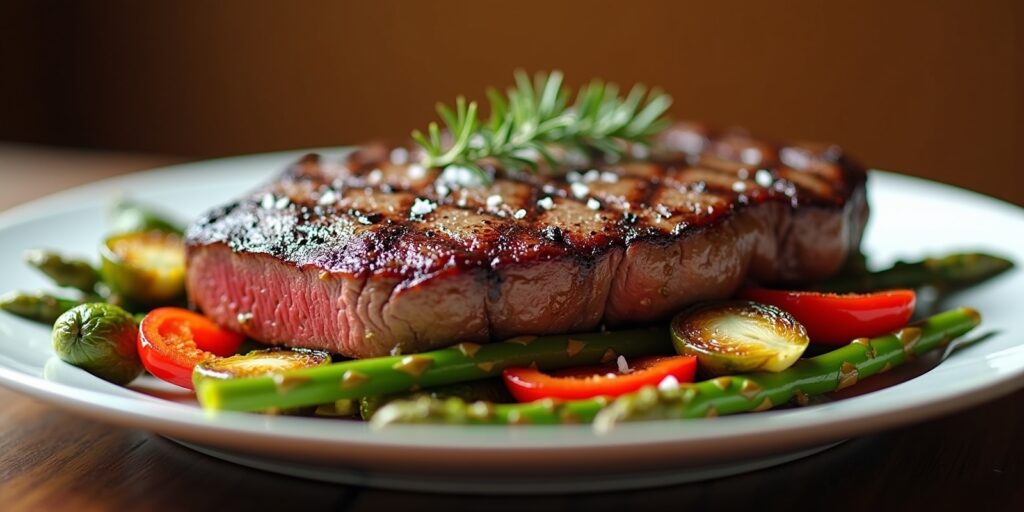
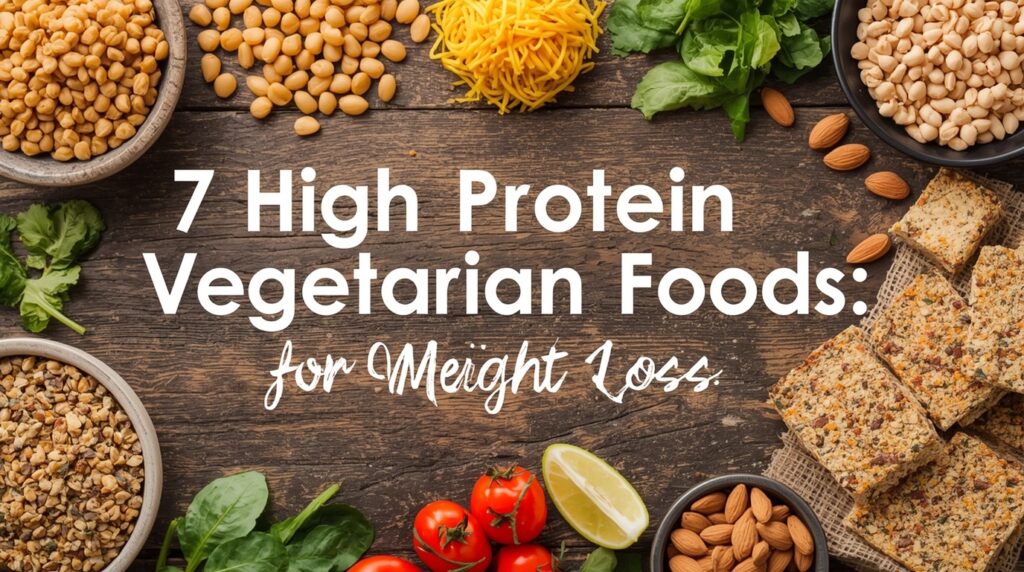

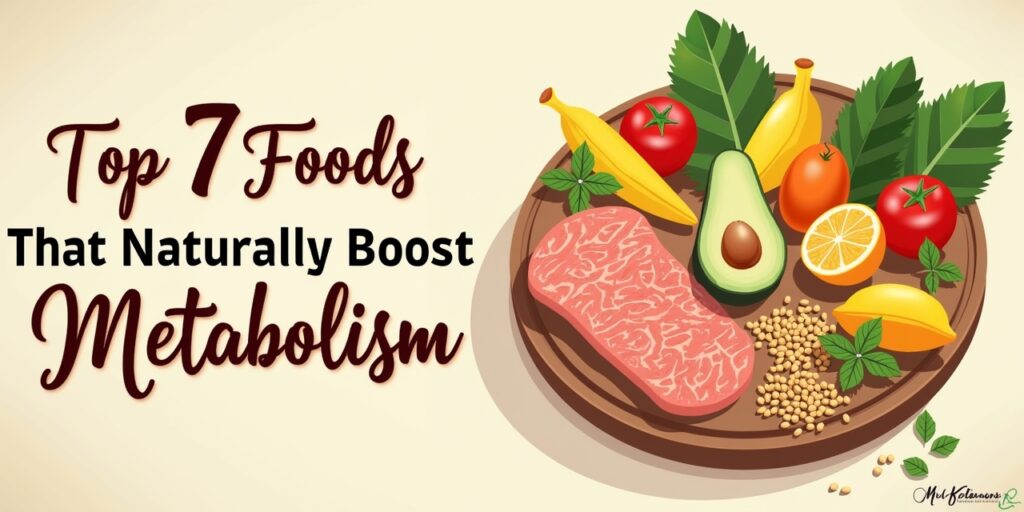
Pingback: Healthy Eating For Weight Loss Diet